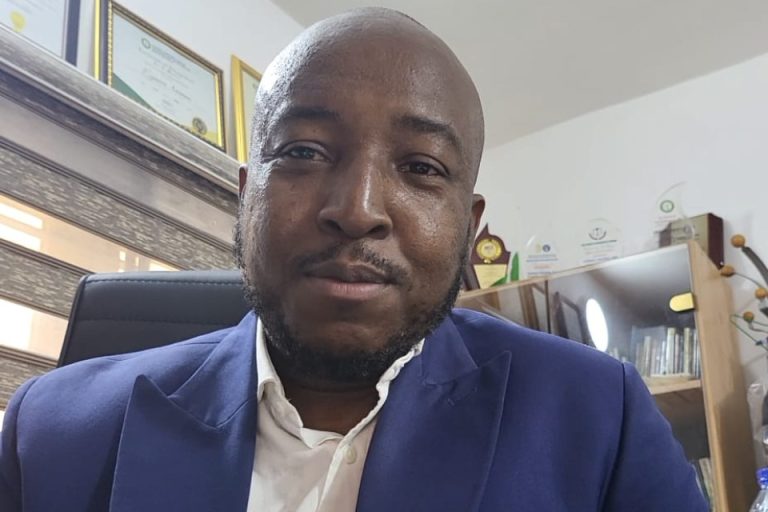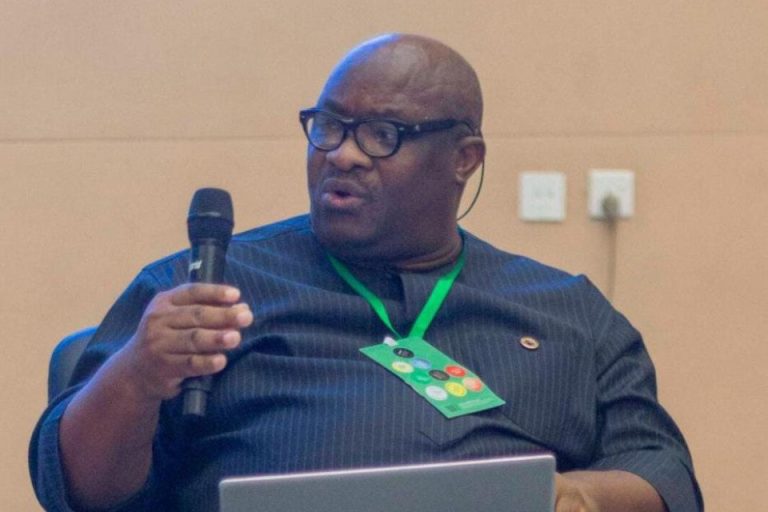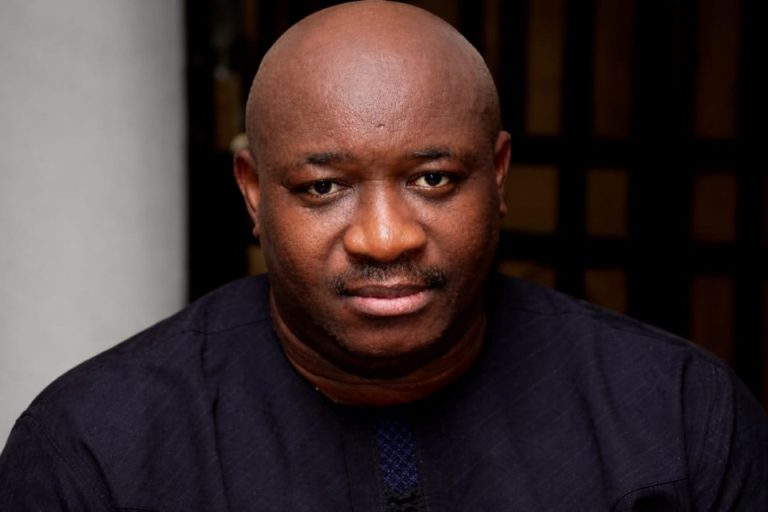The second Pan-African Media Councils Summit, held from July 14 to 16, 2025, in Arusha, Tanzania, has endorsed the United Nations Educational, Scientific and Cultural Organisation’s (UNESCO) Guidelines for the Governance of Digital Platforms and reaffirmed a collective commitment to media freedoms across the continent.
The Summit, which focused on advancing media and communication through various initiatives, also marked the first Annual General Meeting of the Network of Independent Media Councils in Africa (NIMCA).
It brought together representatives of 13 media councils, policymakers, civil society actors, and journalists under the theme ‘Advancing Media and Communication Regulations for Journalism Excellence in Africa.’ The delegates emphasised the significant impact of digital platforms and underscored the need for inclusive governance frameworks that actively involve the media sector.
Reaffirming the Council’s shared commitment to democracy, human rights, and development as essential foundations for journalistic excellence, Summit delegates voiced concern over the growing challenges to information integrity and freedom of expression posed by digital technologies and unregulated platforms.
They emphasised the urgency of developing African-specific digital governance principles that uphold freedom of expression, information integrity, platform accountability and equitable access, including for persons with disabilities, to public service content and data.
Delivering the keynote address during the Summit, UNESCO’s Assistant Director-General for Communication and Information, Mr Tawfik Jelassi, recalled the importance of promoting legal and policy frameworks that support media self-regulation and the promotion of professional and independent journalism.
He said, “In the face of accelerating developments, Artificial Intelligence, disinformation, financial precarity, we must reflect on what forms of regulation are most effective, while remaining firmly grounded in international human rights standards. When regulation is shaped by democratic principles, it can serve as an enabling force; protecting journalists, elevating standards, enhancing public trust, and ensuring media freedom.”
Released in November 2023, UNESCO’s Guidelines for the Governance of Digital Platforms advocate for rights-based, multistakeholder, transparent, and accountable governance systems. The Guidelines urge digital platforms to align their operations with international human rights standards and implement measures for transparency, accountability, due diligence, and user empowerment and accountability. This approach helps elevate online journalism and reinforce public trust in the information ecosystem.
The Summit also welcomed the African Commission on Human and Peoples’ Rights (ACHPR) and its landmark resolutions on digital rights. These instruments support the development of regional governance principles that prioritise freedom of expression, information integrity, platform accountability, and equitable access to public service content and data.
Meanwhile, on the margins of the Summit, Mr Tawfik Jelassi met with Hon. Ourveena Geereesha Topsy-Sonoo, the Special Rapporteur on Freedom of Expression and Access to Information in Africa. With the support of the European Union, UNESCO is working in close partnership with the Special Rapporteur on the development of African guidelines for digital platform accountability, under the African Commission Resolution 630. These joint efforts aim to help States oversee technology companies’ responsibilities in upholding information integrity, including by promoting independent fact-checking, transparency and accountability of digital platforms, and public-interest journalism.





